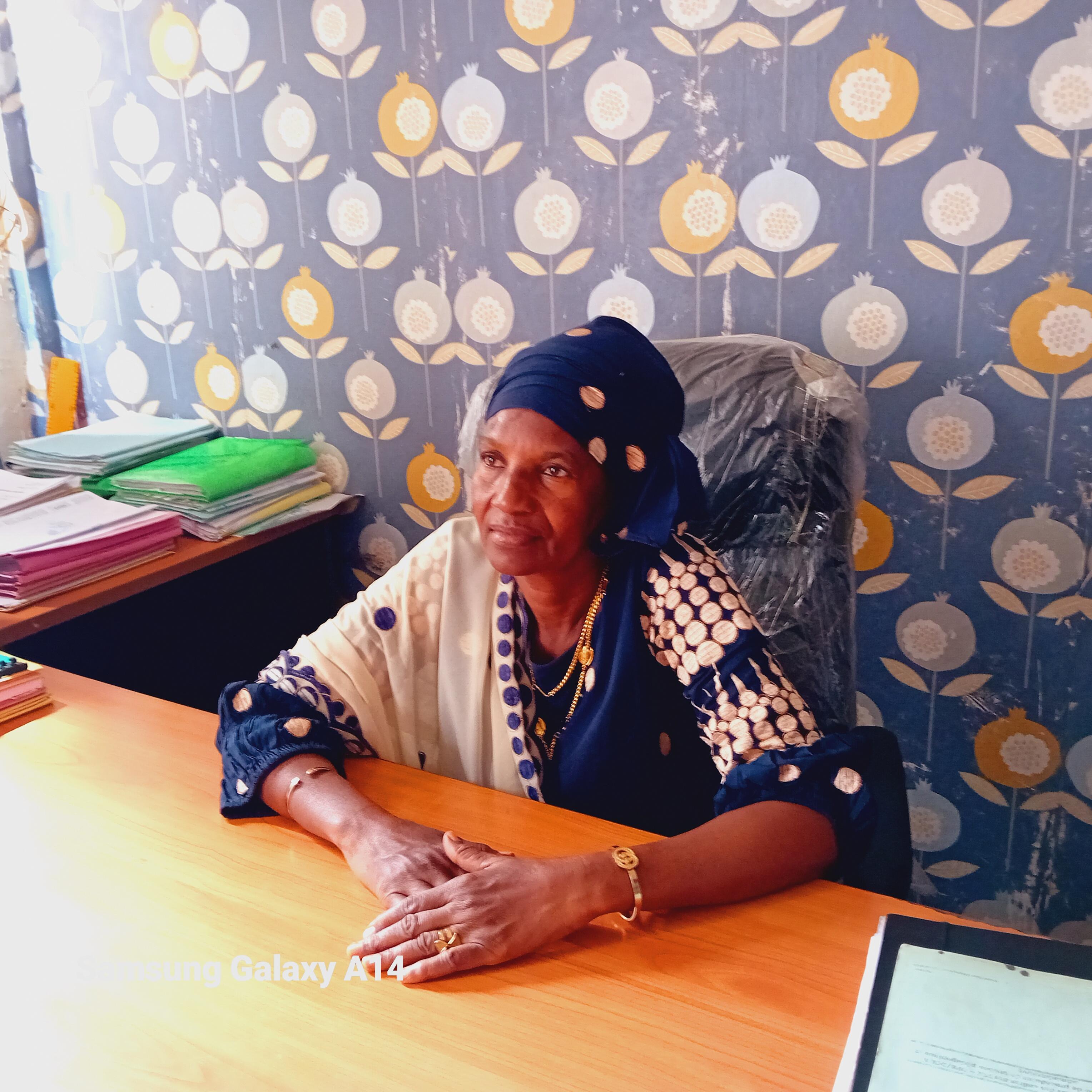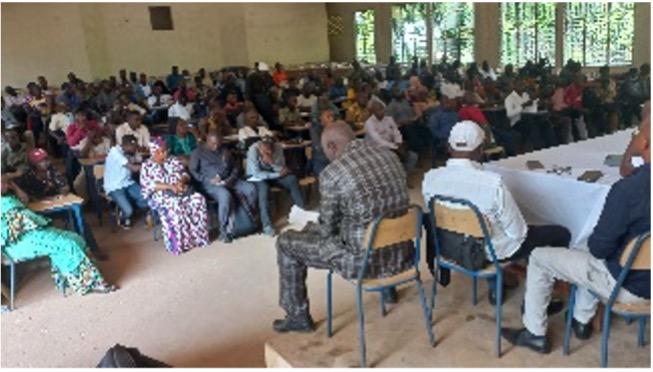The Little School That Made a Difference: A Tale of Vaccination and Solidarity in Dubréka
When parents in a small private school resisted the polio vaccine out of fear, principal Fatoumata Diakité stepped up to bridge the gap between health workers and the community. Radio broadcasts, clear communication, and her personal engagement turned skepticism into acceptance—completely eliminating refusals and inspiring other schools to follow her lead.
In a lively neighborhood of Dubréka, there stood a modest yet bustling private school run by a principal named Fatoumata Diakité, who was facing an unexpected challenge. During the previous R1 and R2 2024 polio vaccination campaigns, many parents of her young students had refused to have their children vaccinated.
“It’s not out of ill will,” she often explained, “they’re just afraid of what they don’t understand.” Like other private school principals in the area, Fatoumata had seen a growing mistrust of vaccines and a lack of clear guidelines, isolating these schools from a vaccination process that was crucial for the children. But this year, everything was about to change.
At an advocacy meeting organized by the Prefectural Directorate of Education (DPE) and the Prefectural Directorate of Health (DPS) in Dubréka, Fatoumata was invited to attend on behalf of private schools. That day, for the first time, she heard health officials explain the importance of vaccination—not just to protect children, but also to ensure a healthier future for the entire community. Inspired, she decided to become a bridge between parents and the healthcare system.
With help from local authorities, radio programs were aired to raise awareness among families. Fatoumata, accompanied by a health officer, took part in one of these broadcasts to address parents’ concerns directly.
Back at her school, she called a special meeting with teachers and parents. Equipped with colorful brochures and clear information, she explained in detail the vaccination process and answered every question, even the most skeptical ones. “If we do this together,” she said, “our children will grow up strong and healthy.”


On the day of the campaign, Fatoumata’s school was the first in the region to welcome the vaccinators. The students, dressed neatly in their uniforms, lined up eagerly. A mother named Aissatou, who had previously refused to vaccinate her son, now held his hand tightly. “I understand now why it’s important,” she whispered, smiling.
By the end of the campaign, there were no reported refusals at Fatoumata’s school, nor at any other private school in Dubréka. For Fatoumata, the success was not just a victory for public health, but also a triumph of solidarity and education.
Today, Fatoumata’s story and that of her school inspire other communities in Guinea. It proves that when we communicate with empathy and clarity, and involve every stakeholder, even the most complex challenges can be overcome. As she likes to say, “By protecting one child, we protect an entire future.”
Story by Karim SYLLA, National SBC Consultant, Immunization Polio, Kindia Health Region, UNICEF Guinea.

